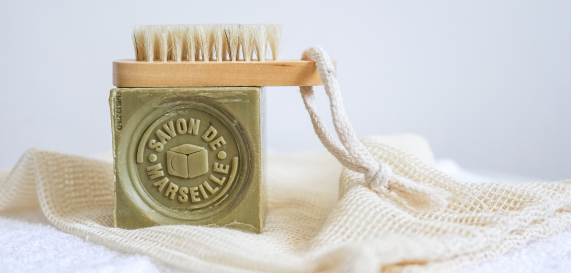
History of Marseille soap
Welcome to our page dedicated to the history of Marseille soap, a treasure trove of Provencal tradition that dates back centuries. Dive into the rich past of this emblematic soap, from its ancestral origins to its contemporary renaissance.




The earliest traces of soap-making date back to antiquity, when Mediterranean civilizations used mixtures of olive oil and vegetable ash to cleanse the body. This practice laid the foundations for the manufacture of Marseille soap as we know it today.

In the Middle Ages, the city of Marseille became a nerve center for soap production. Why did this happen? Several historical and geographical factors contributed to the development of this industry in the region.
Access to raw materials
Marseille is located in a Mediterranean region rich in olive groves. Olive oil, an essential ingredient in Marseille soap, was therefore readily available. The olives grown in the surrounding area provided an abundant source of high-quality oil for soapmaking.
Seaport
The port of Marseille is one of the oldest and most important in the Mediterranean.
Favorable climate
The region's Mediterranean climate, with its hot, dry summers, has created conditions conducive to the production of quality olive oil. This climate has also been beneficial to the process of drying the soap after manufacture.
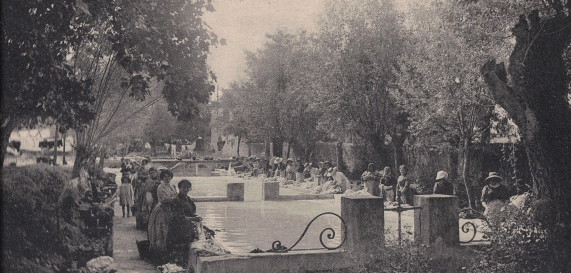
In 1371, Crescas Davin became the town's official soap-making pioneer. During the 15th century, the first industrial plants emerged and began exporting to Europe and the Mediterranean basin, taking advantage of the city's strategic geographical position. Marseille soap was marketed in the form of green bars weighing 5 kg or more.

In 1688, Louis XIV enacted strict standards regulating the manufacture of Marseille soap, consolidating its reputation as a quality product. These regulations helped maintain the soap's high standards, guaranteeing its purity and excellence. As a result, Marseilles craftsmen have developed skills in soapmaking. Knowledge passed down from generation to generation has helped establish local expertise in Marseille soap production.
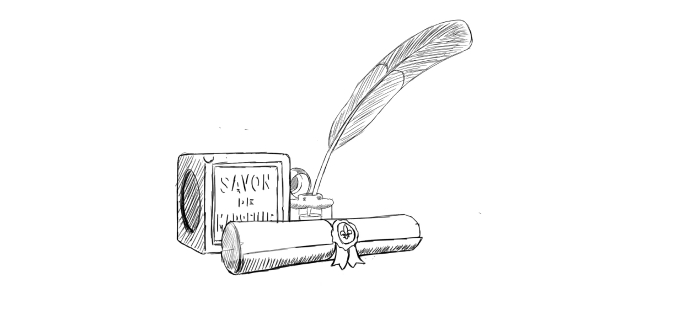
In 1812, Napoleon, sensitive to the benefits of traditional Marseille soap, passed a decree defining a specific mark for the famous soap cubes. A pentagon was to be inscribed in the middle of the soap, reading: Huile d'Olive + the name of the manufacturer + the city of Marseille. Napoleon issued a warning that anyone selling Marseille soap not made in Marseille would be fined and their soap confiscated.
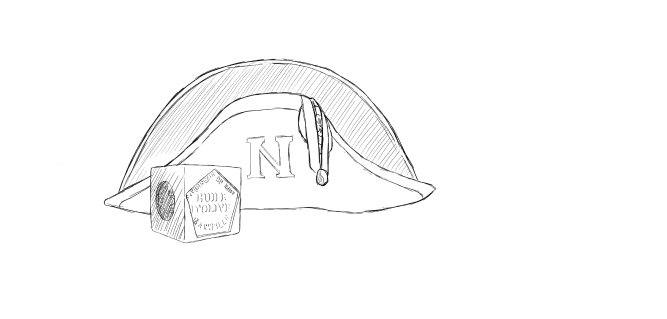
In the 20th century, Marseille soap faced challenges with the advent of synthetic chemicals. However, the growing demand for natural, traditional products has breathed new life into this Provençal icon, testifying to its resilience through the centuries.
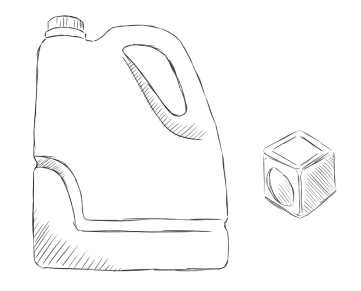
Today, our commitment to the artisanal quality of Marseille soap endures, and Maitre savon de Marseille is proud of it. Manufactured to strict standards, our soap is the embodiment of tradition, purity and authenticity. Marseille soap has always been praised for its many virtues: natural, effective. It is used for both body care and household cleaning.
